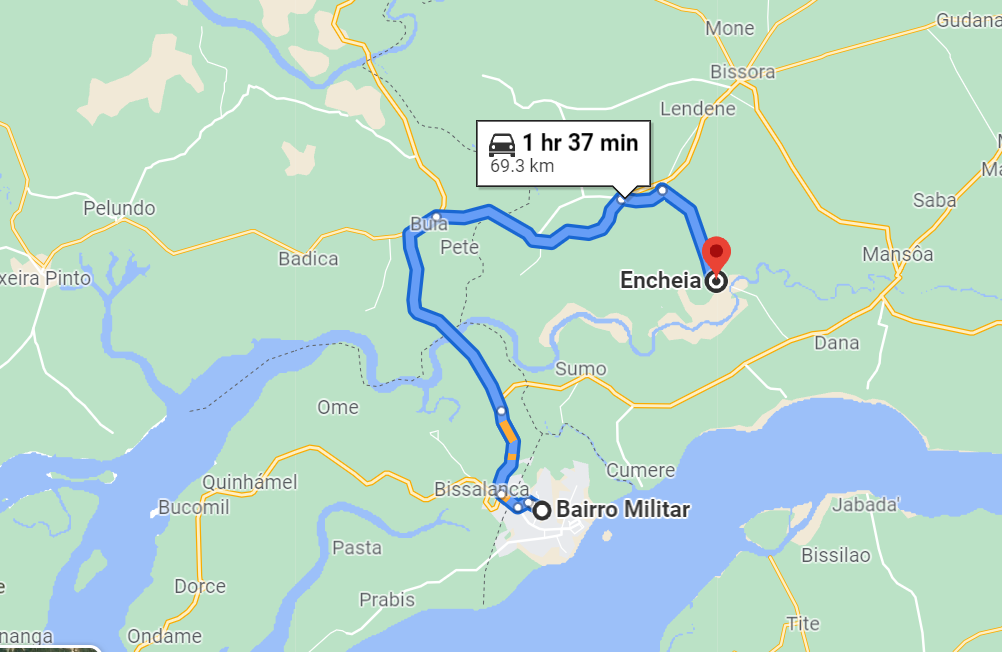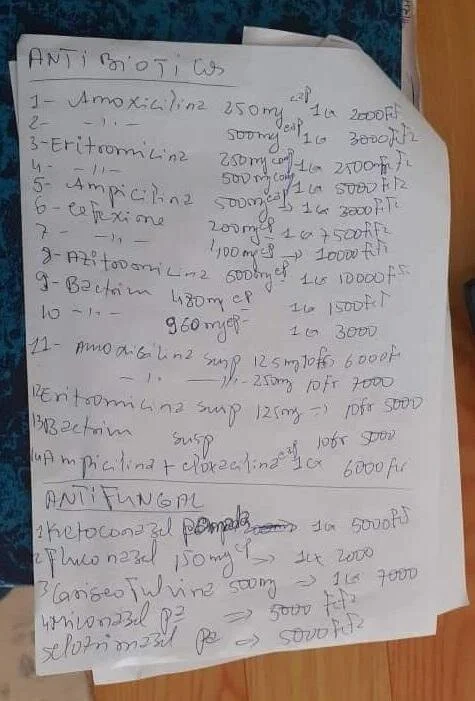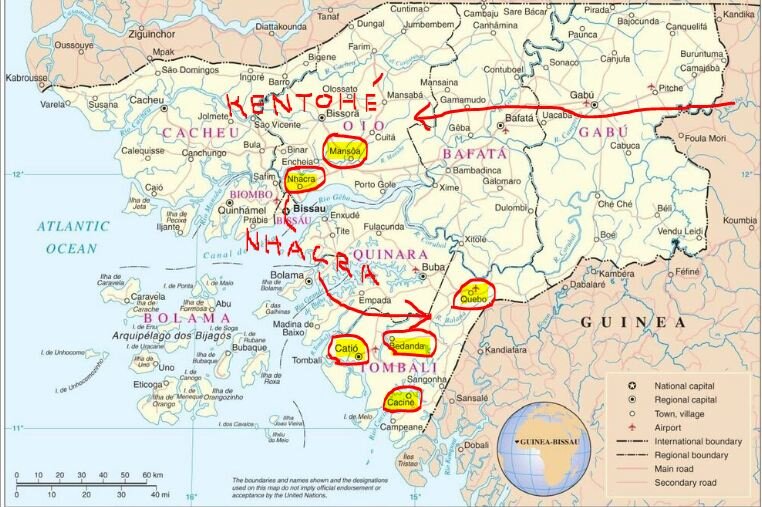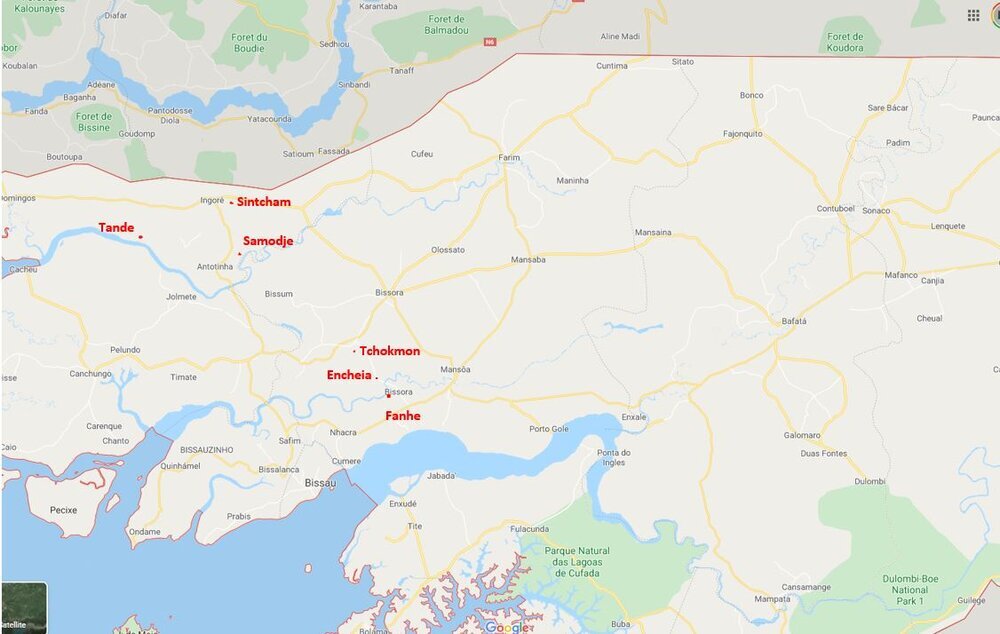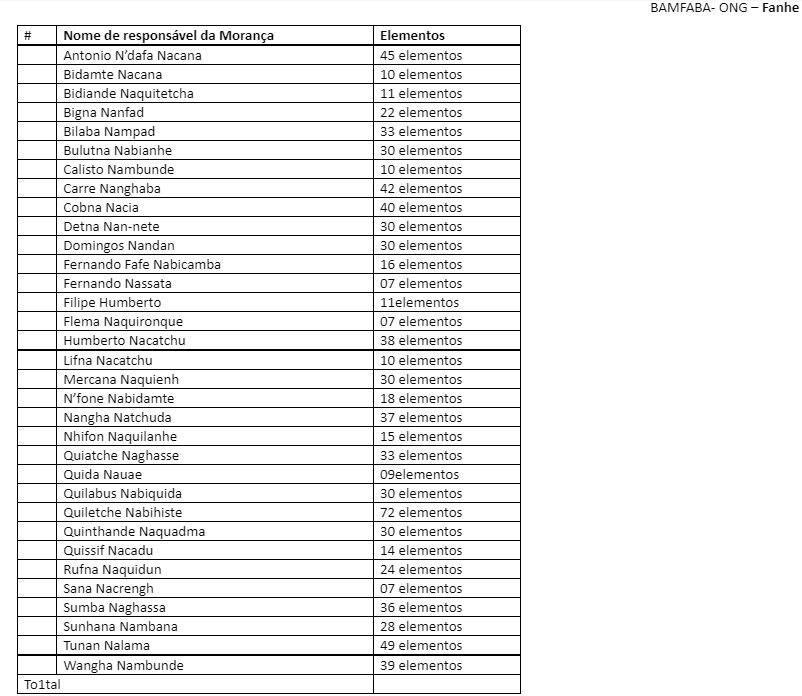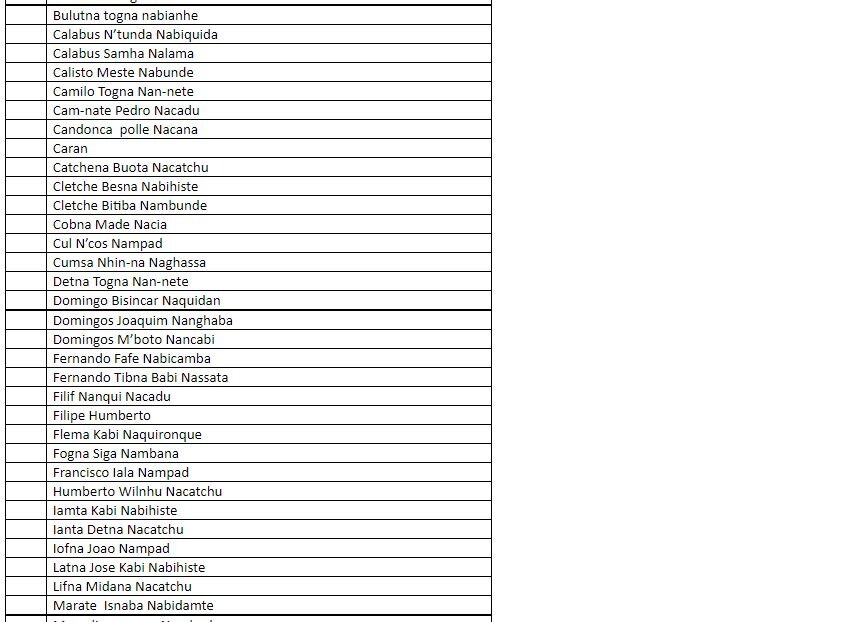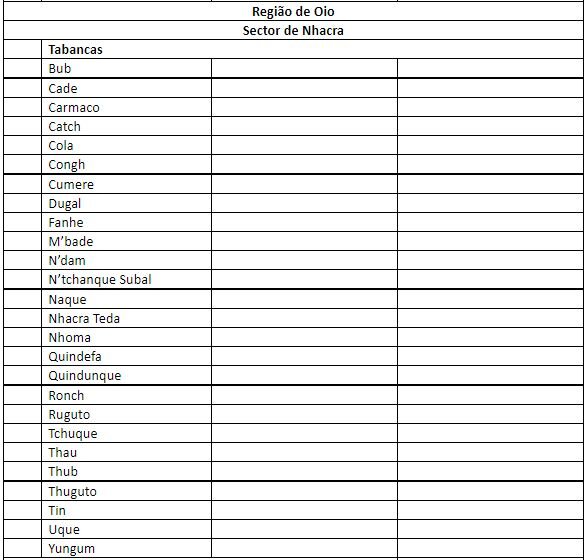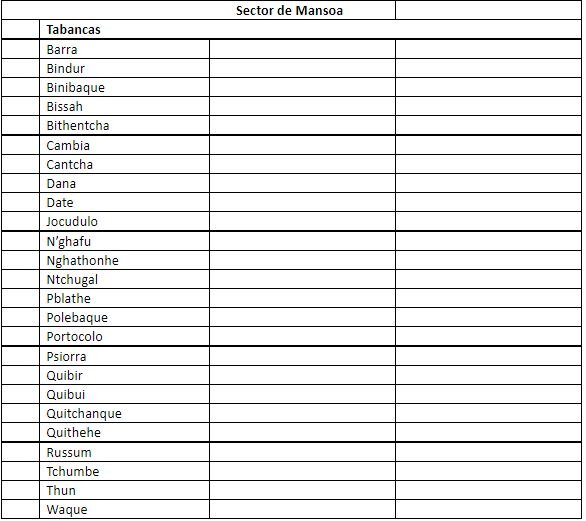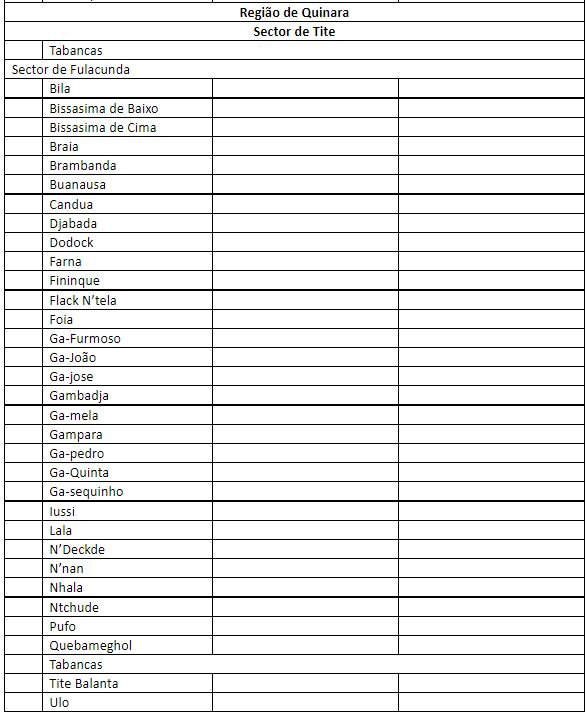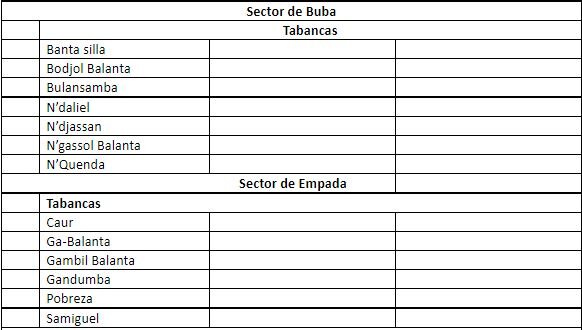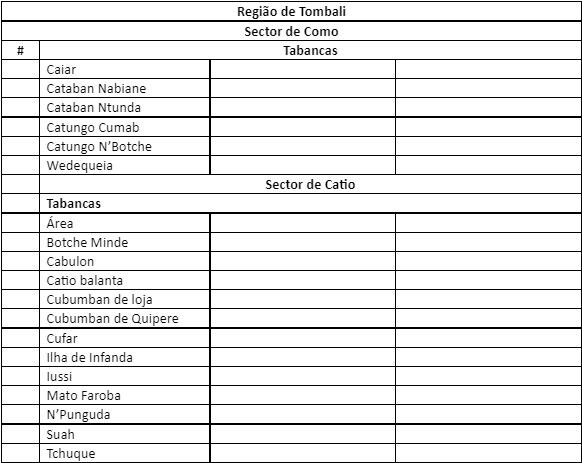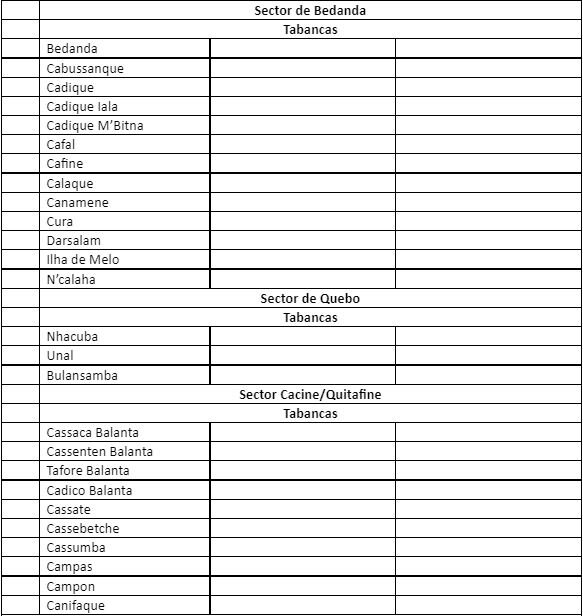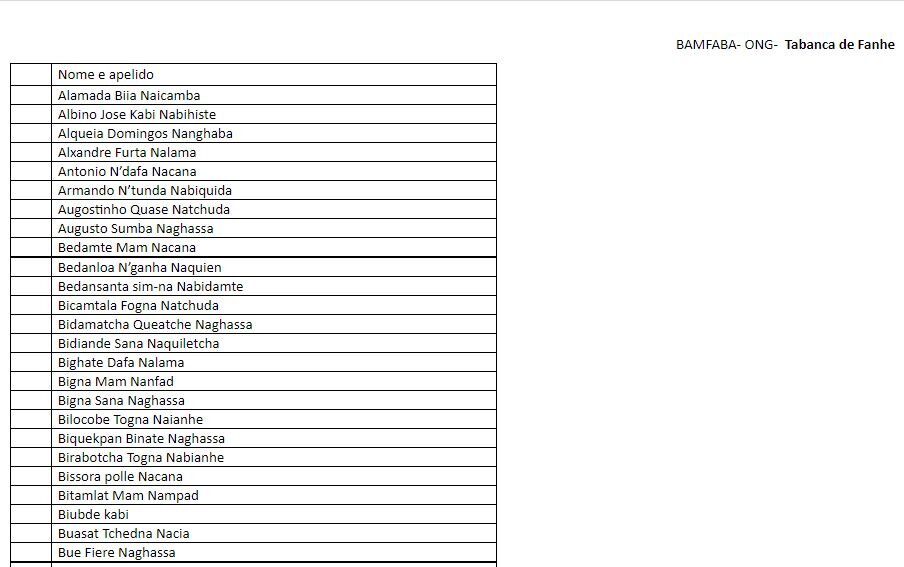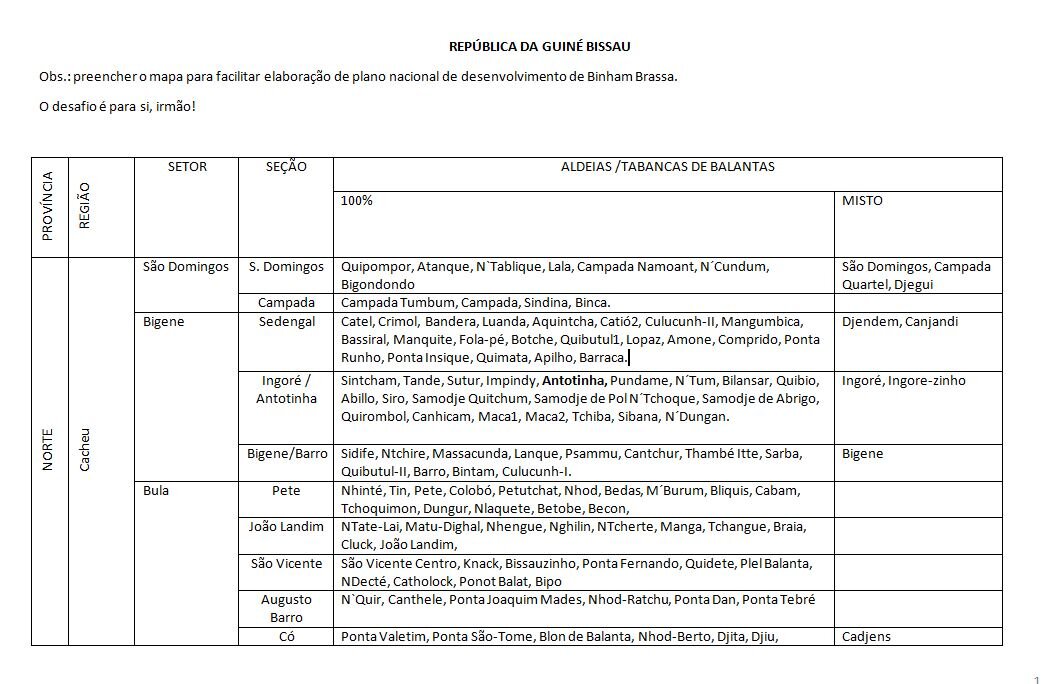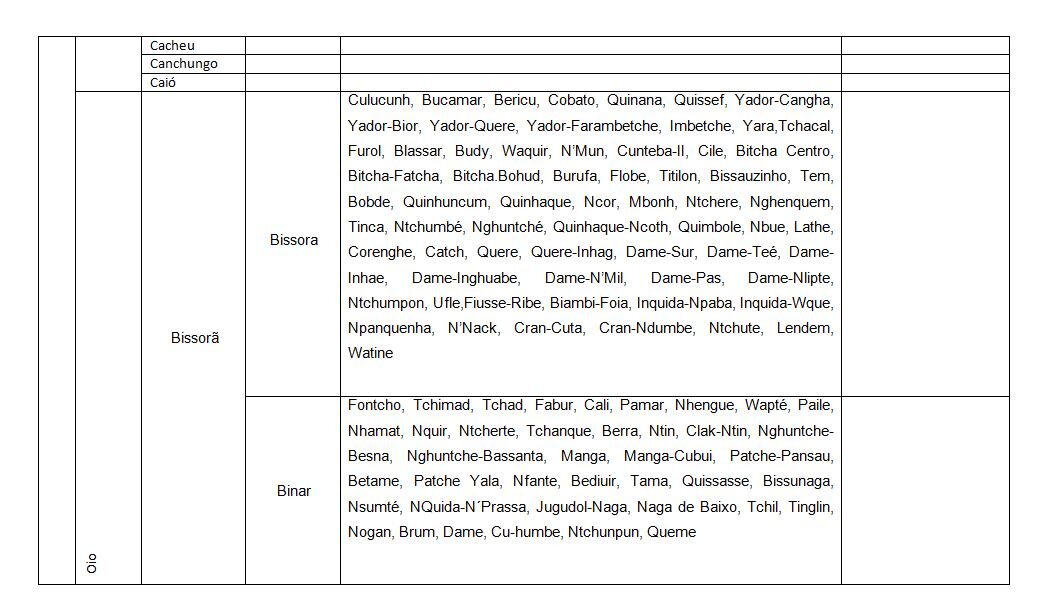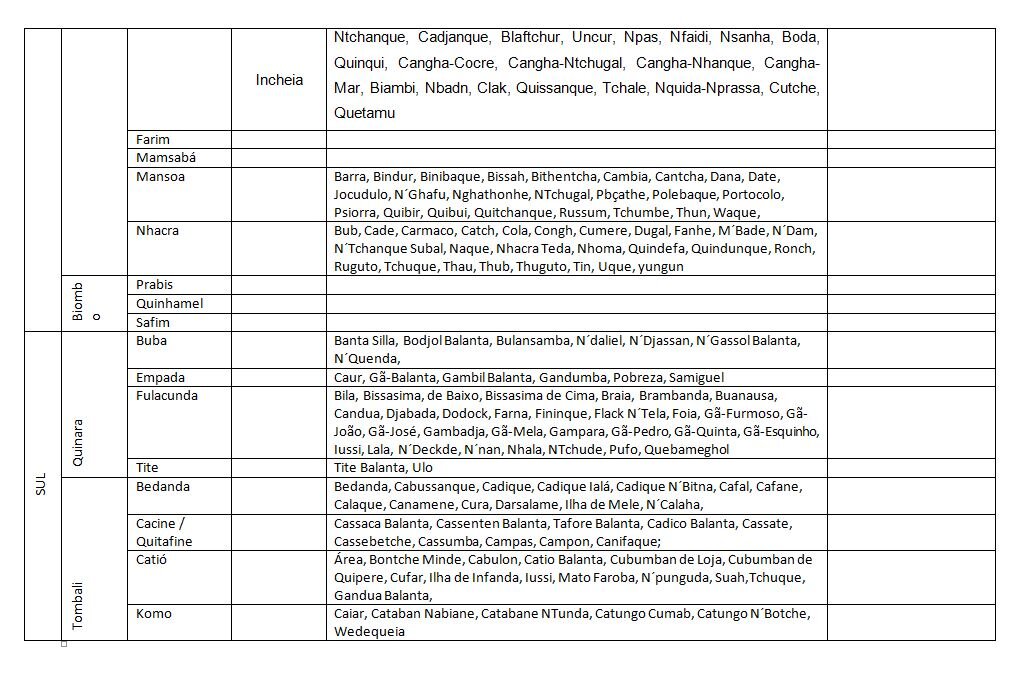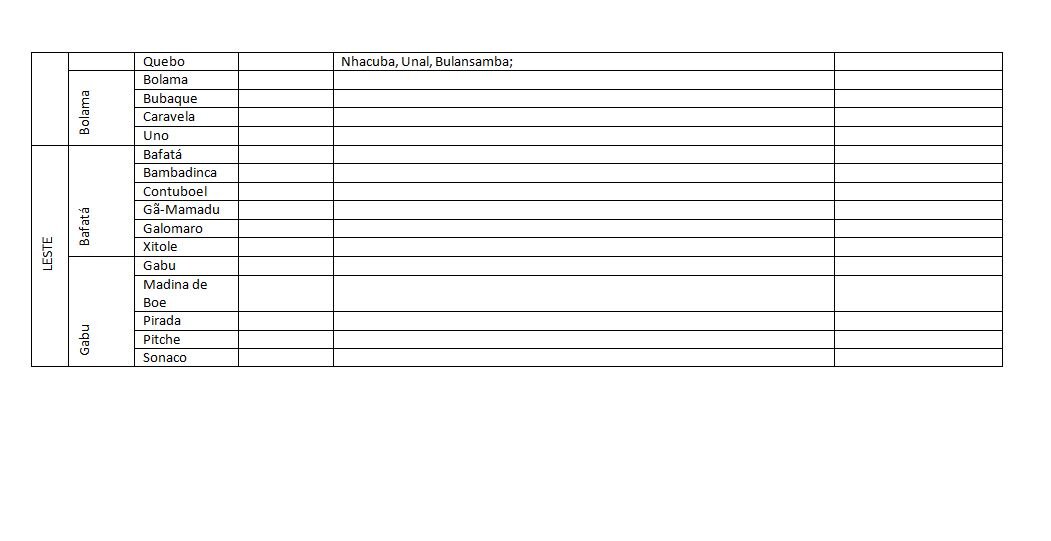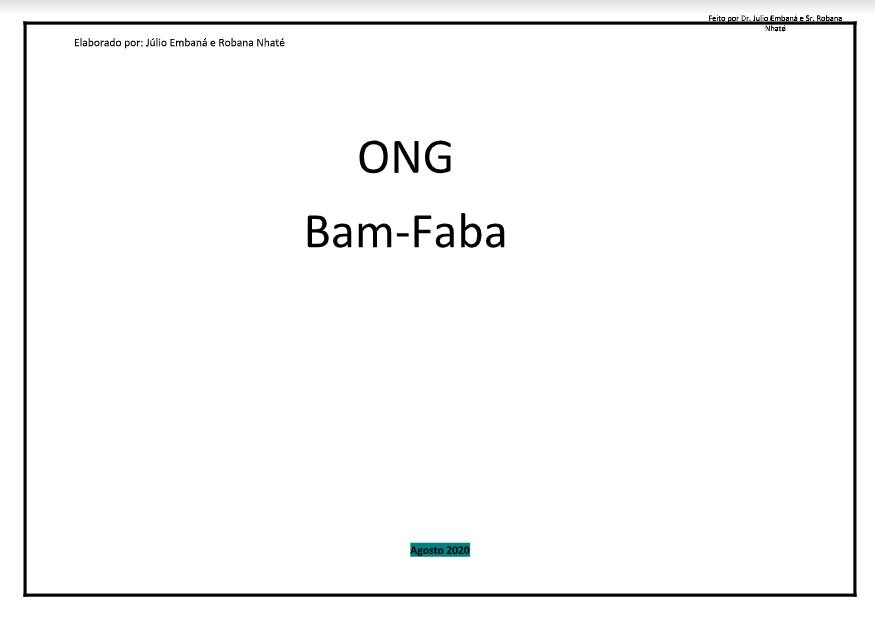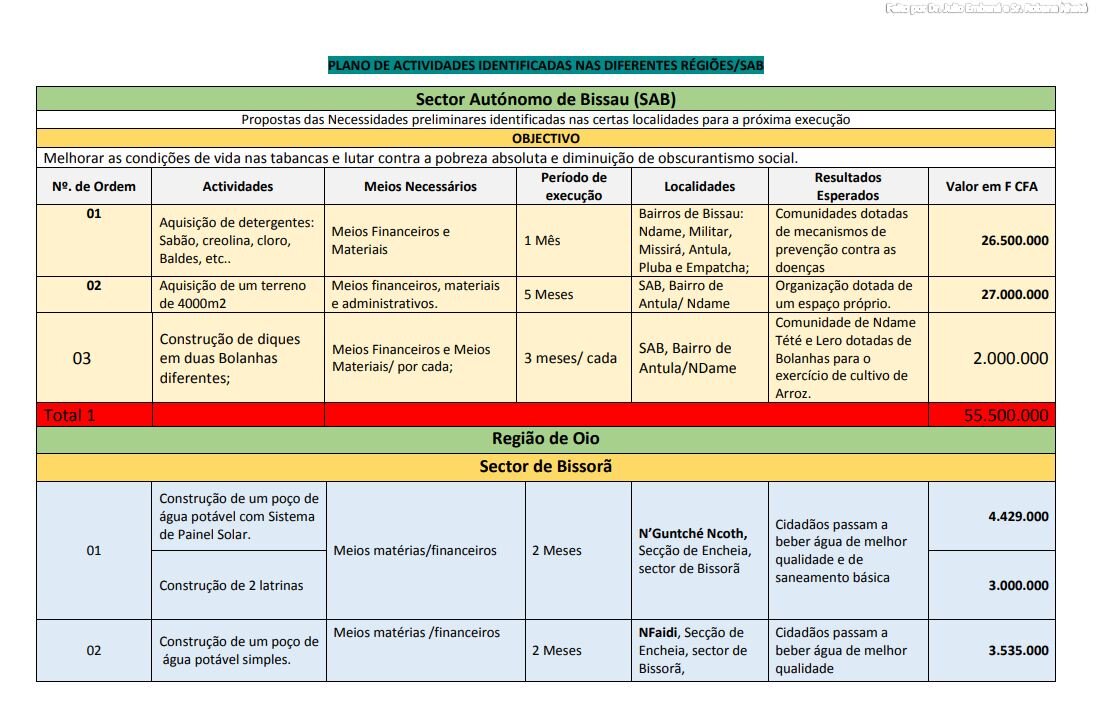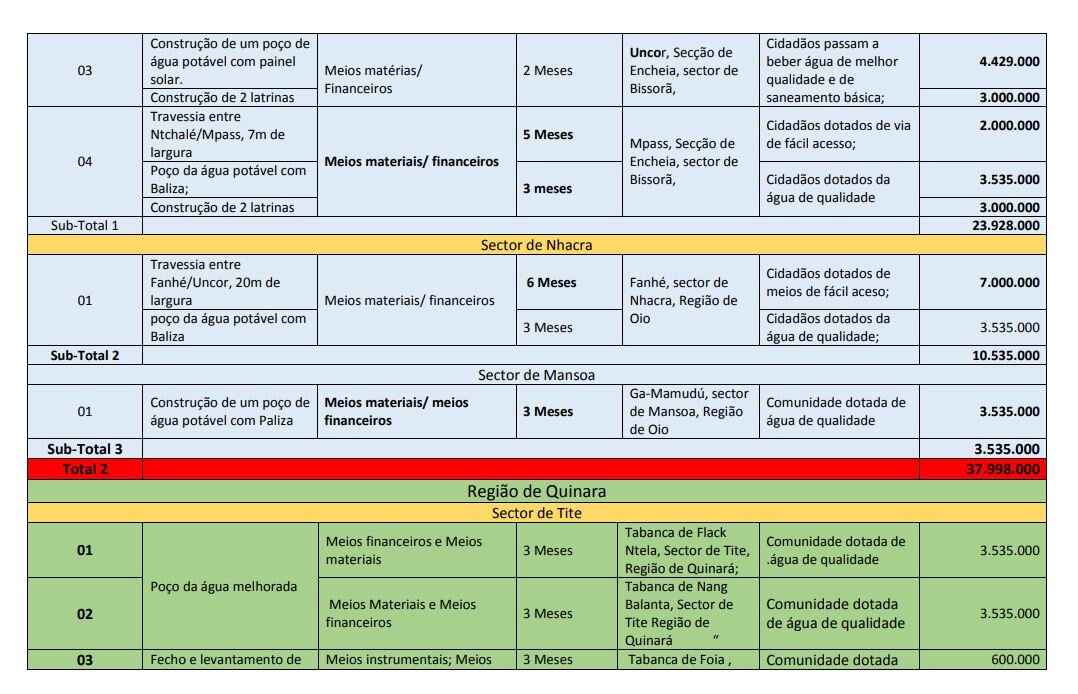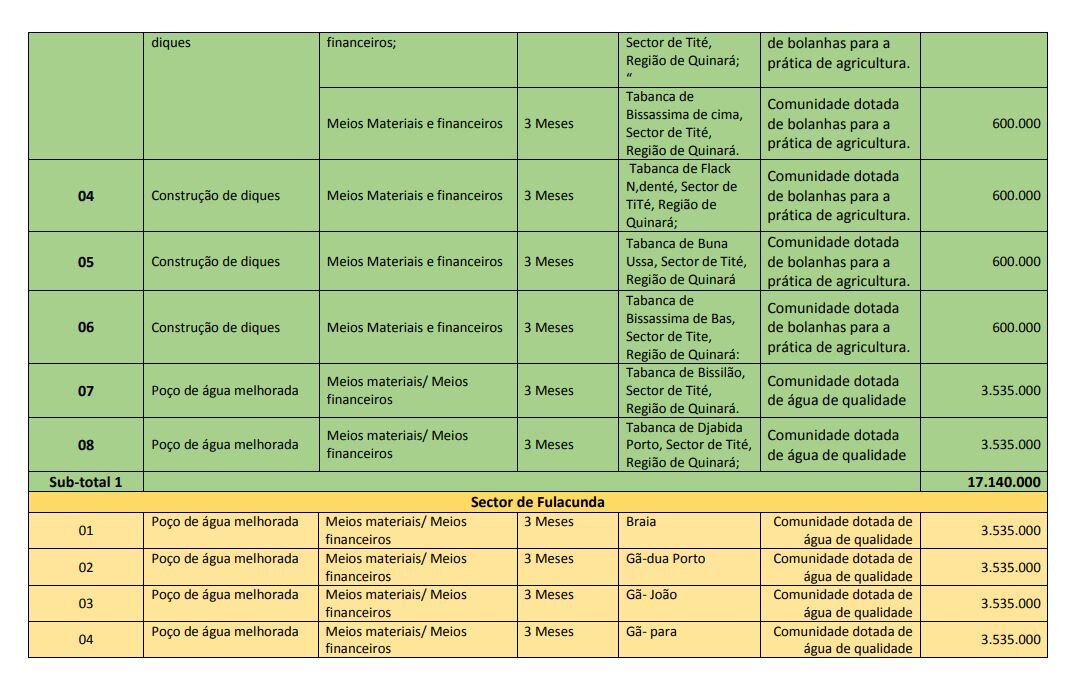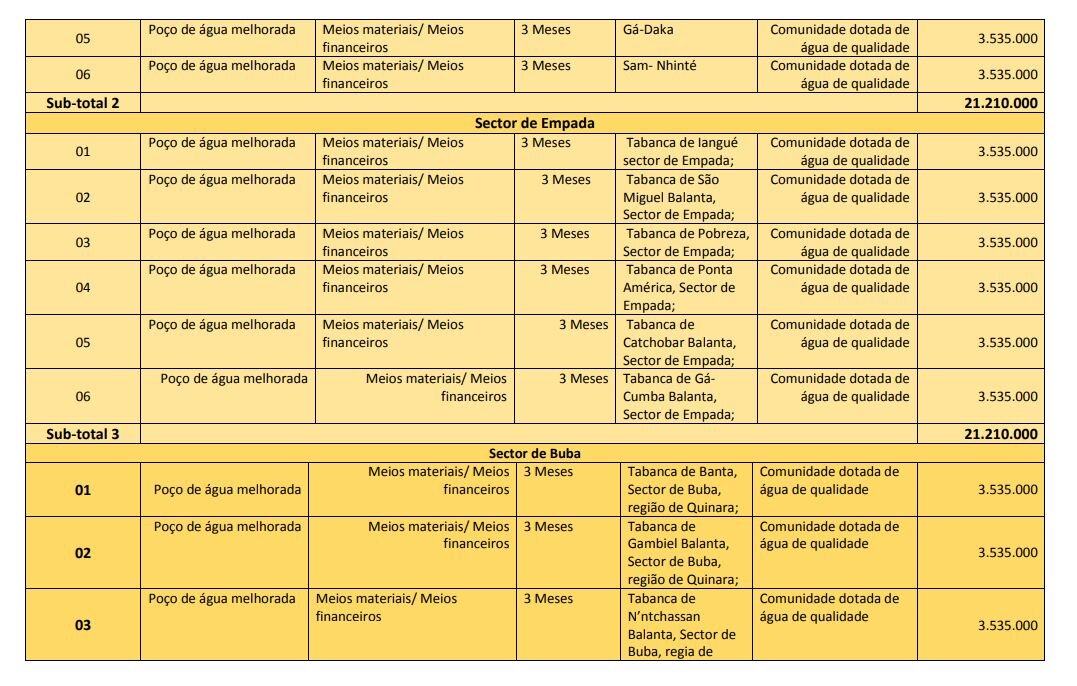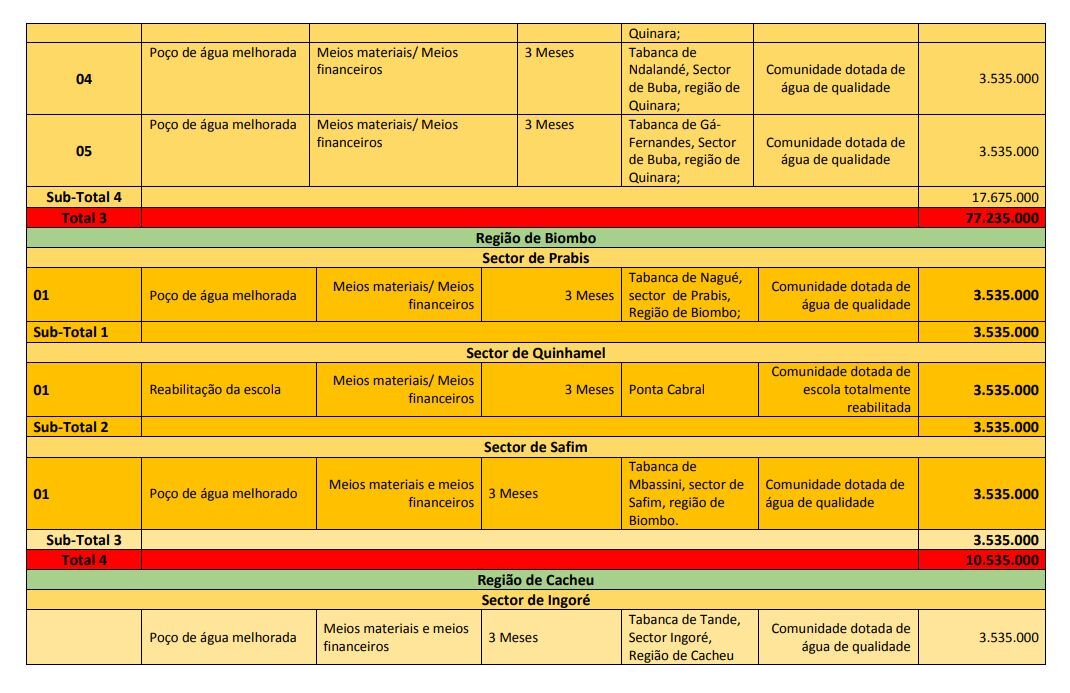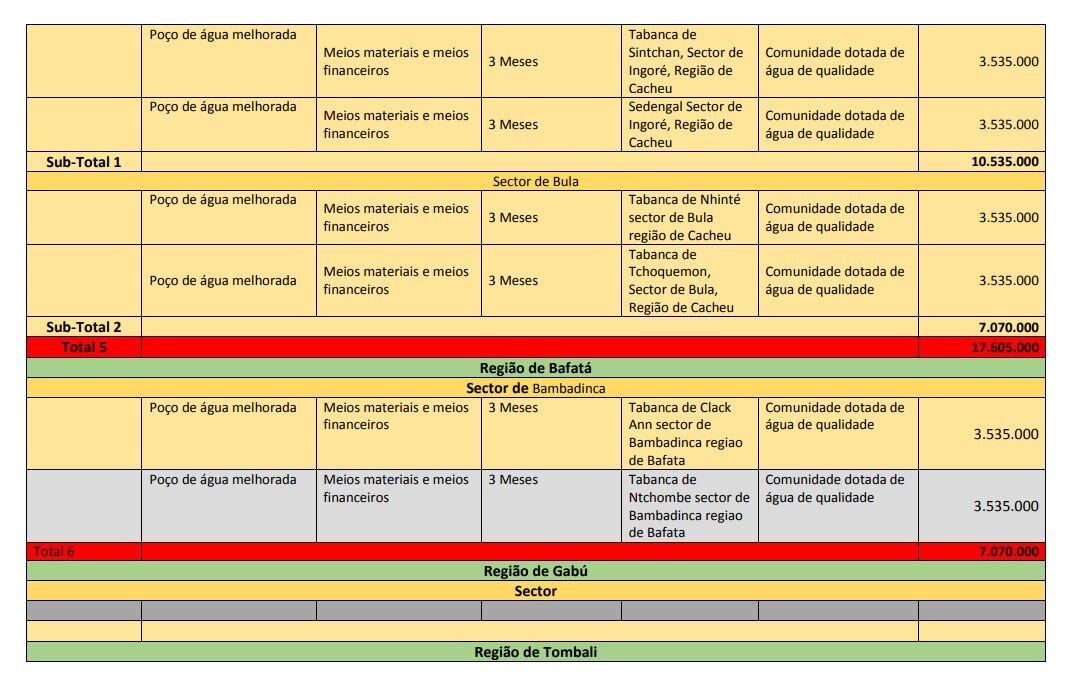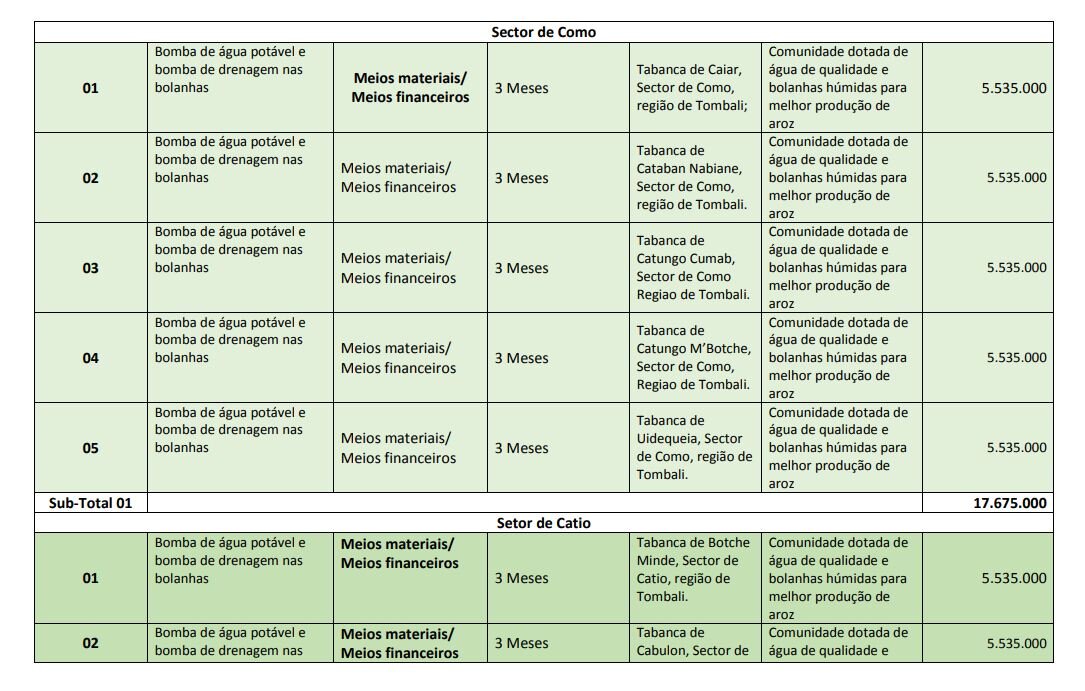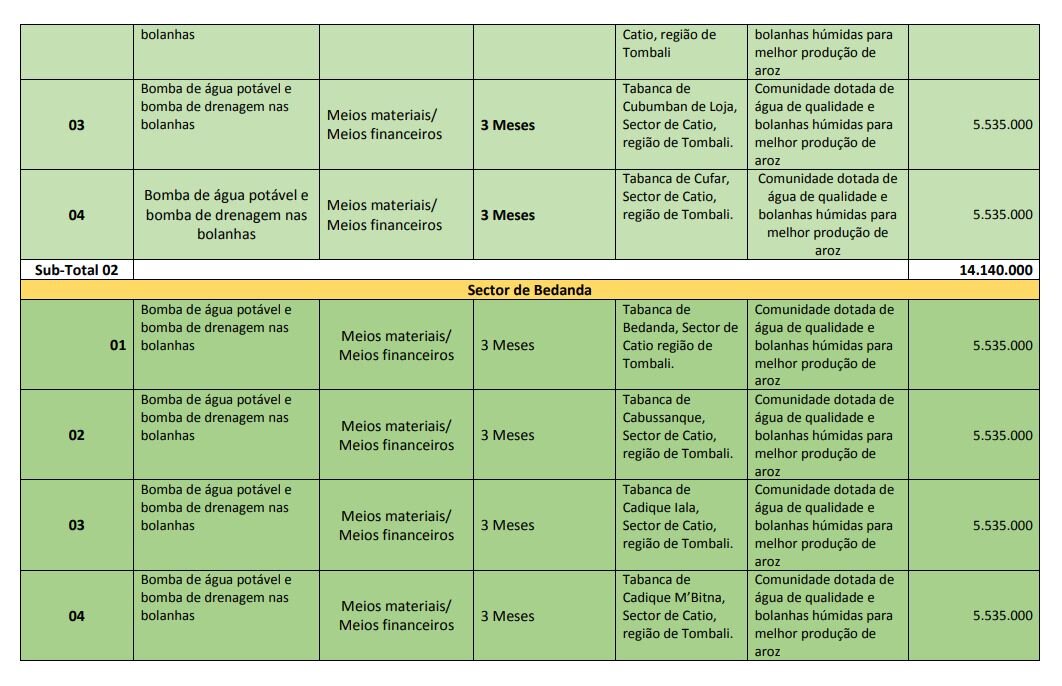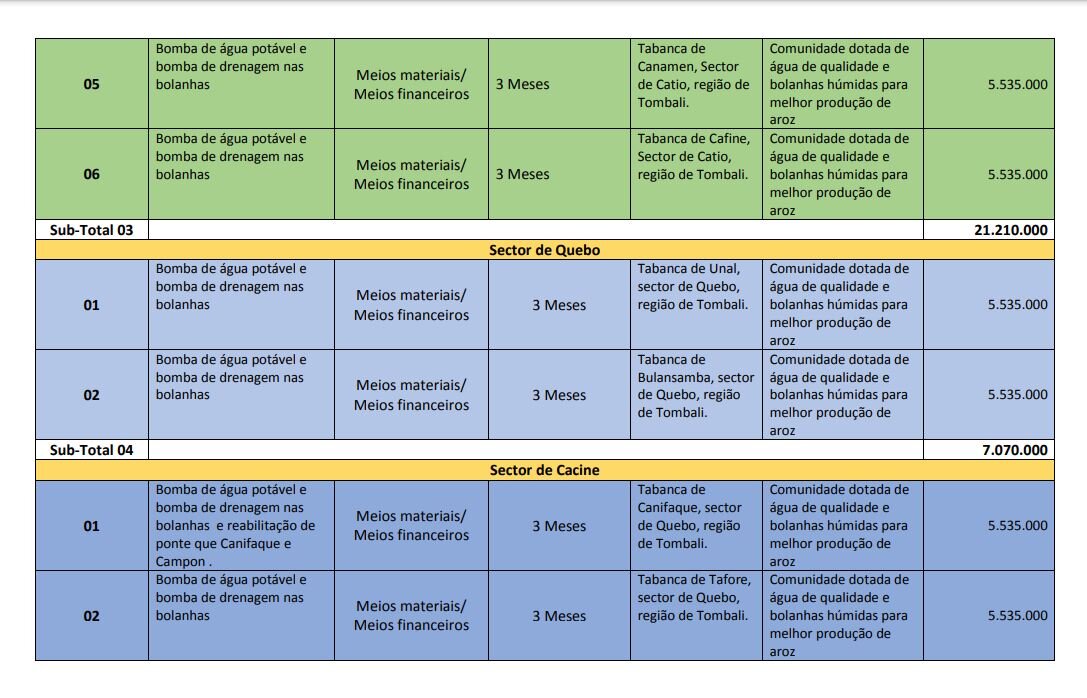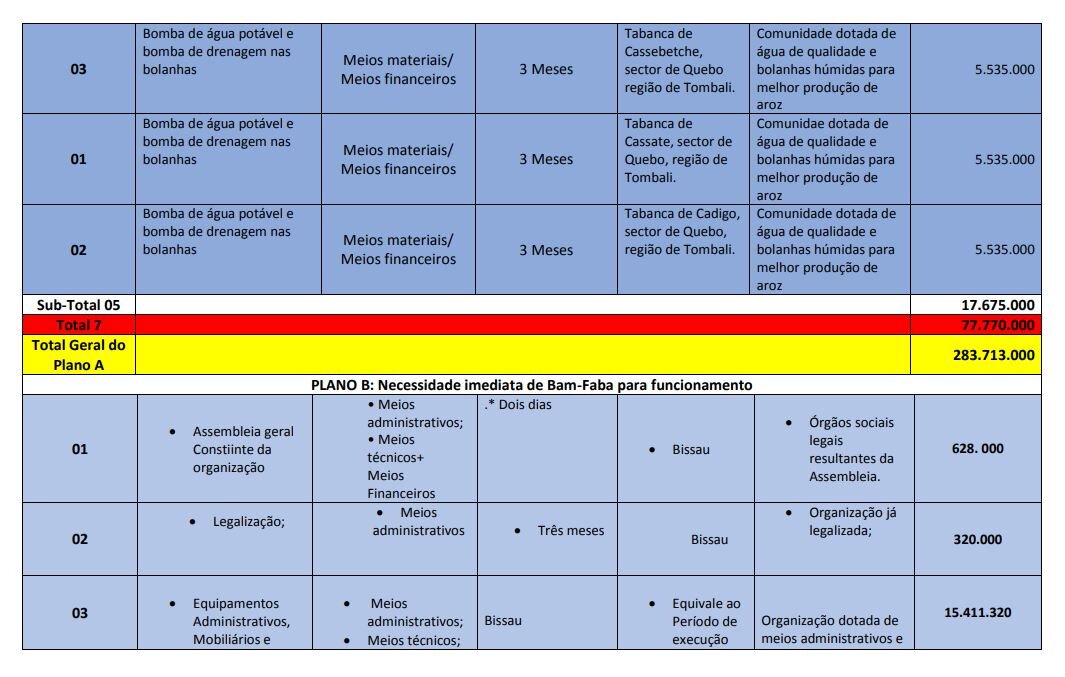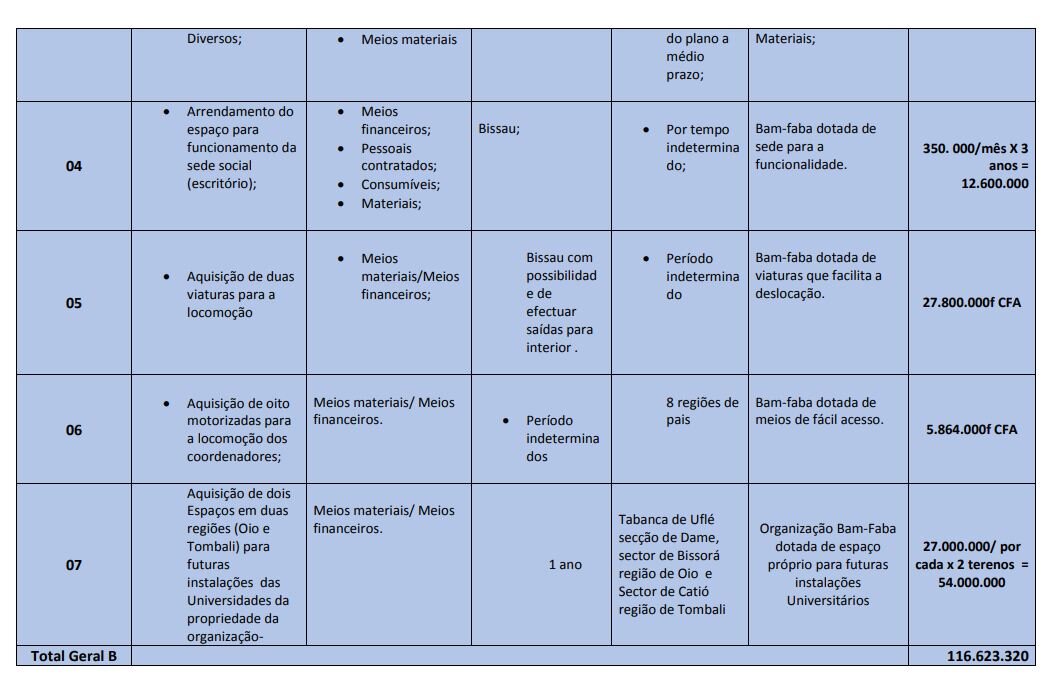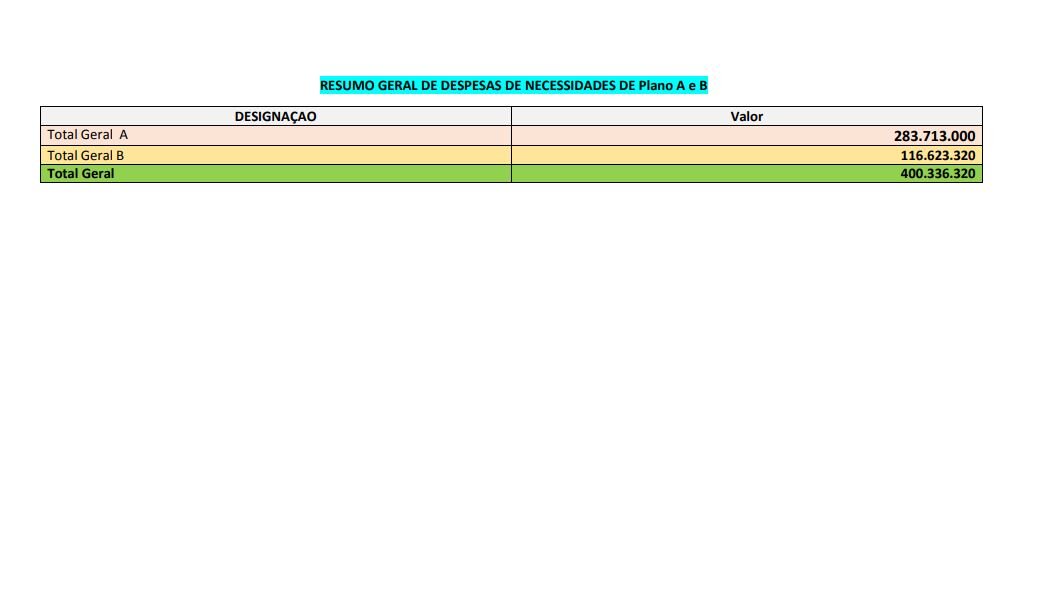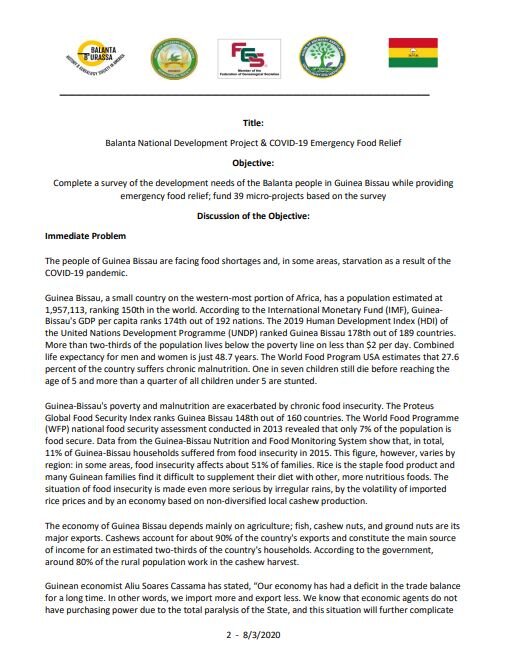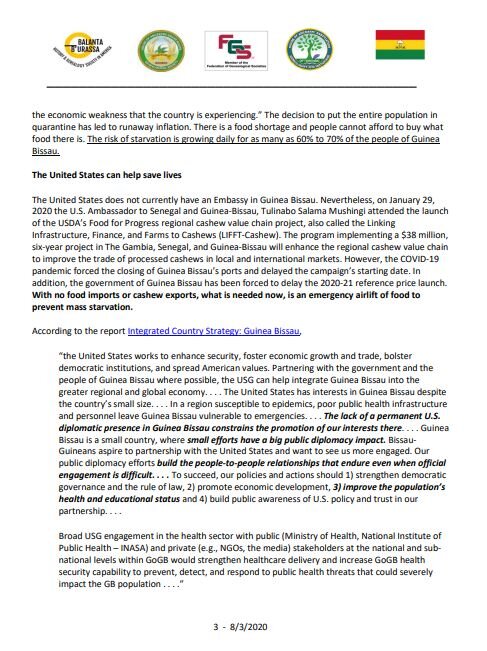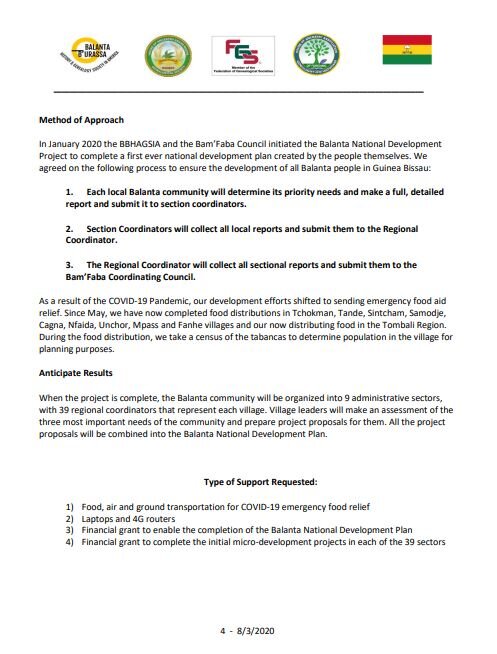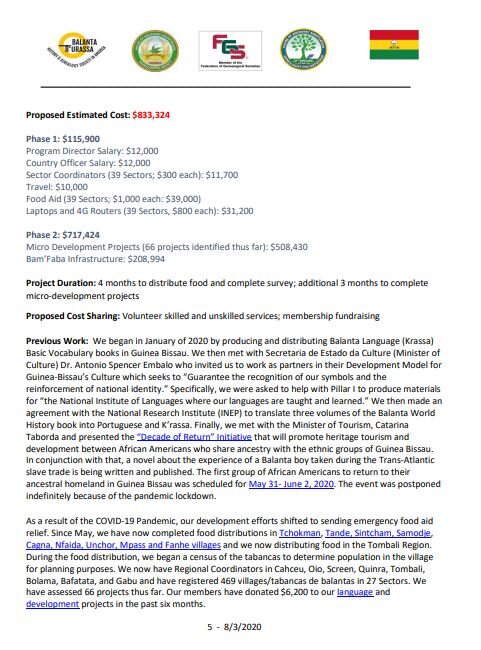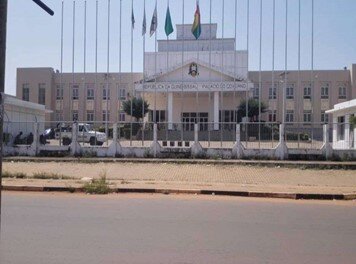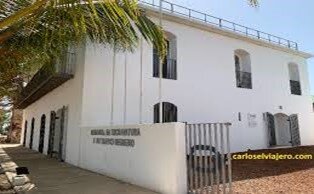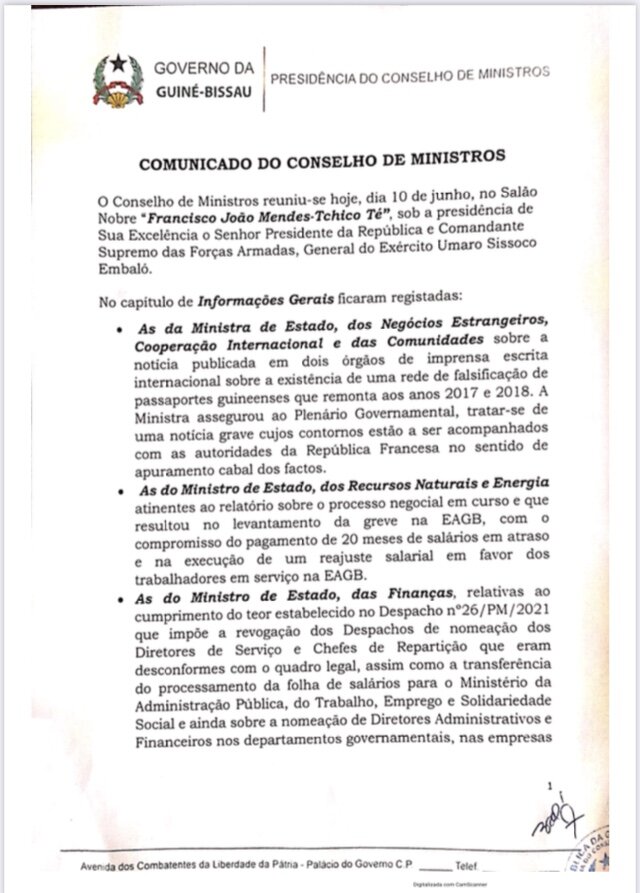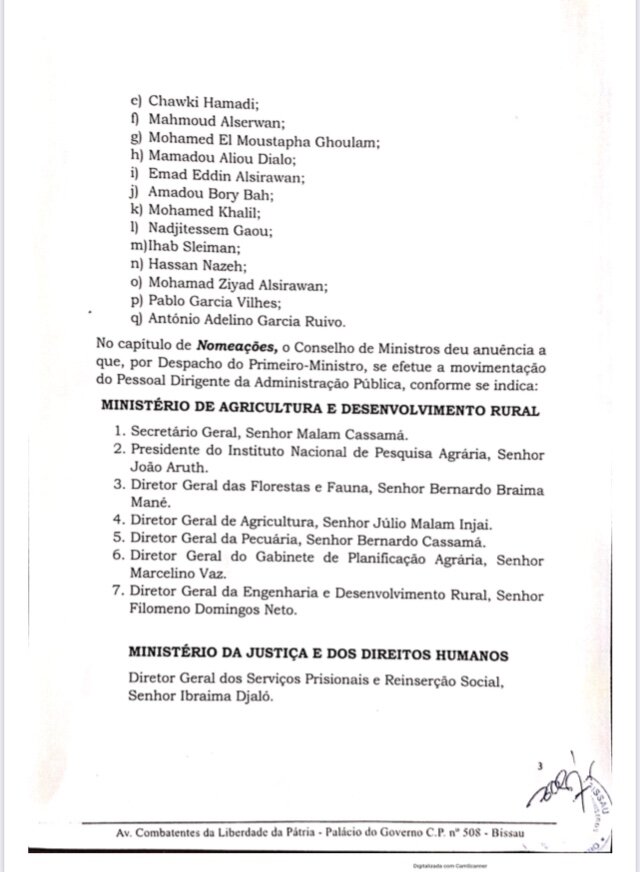During a UN meeting on the issue of reparations, Silis Muhammad put forth a proposed definition of Afrodescendants, “for he knew that the prophecy concerning the ‘scattered’ children was in fulfillment. He also knew that a movement was afoot by Member States at the UN to include African immigrants in the same political/legal category as the descendants of enslaved Africans, thereby confusing the issues and undermining the legal basis for a reparations claim based on slavery’s lingering effects. The definition made it clear that Afrodescendants are descendants of enslaved Africans, suffering the lingering effects of slavery. The leaders agreed to discuss the definition at the next seminar, and the UN took note.” In his own words,
“The Term Afrodescendant
My name is Silis Muhammad and I am the CEO of the Lost-Found Nation of Islam and the Spiritual Son of the Honorable Elijah Muhammad, Peace Be Upon Him (PBUH). I have been fighting for my people’s right to self-determination for many years. I would spend many years out in the United Nations in Geneva, Switzerland from 1998 until 2002 working to establish our identity.
Having been a member of the Lost-Found Nation of Islam, I sought to classify us as Lost-Found Peoples and establish that name as our collective identity. I learned from several forums in the United Nations that a large contingency of our people mainly Latin Americans from the slavery diaspora were calling themselves Afrodescendant. As early as 2000 in Santiago Chile, the term was first heard at a United Nation forum.
In Durban, South Africa in 2001, we were still working on our identity; we were not working to define it yet. We did not have a clear-cut identity although the term, Afrodescendant was in the air. We had not decided collectively on an identity.
In 2002, at a United Nations Conference for the Rights of Minorities in La Ceiba, Honduras, nineteen (19) countries from North America, South America, Central America and throughout the slavery diaspora gathered. Most Latin American countries had already accepted this global identity and the Lost-Found Nation of Islam objected to it. During the Conference, a representative from Brazil, who has the largest Afrodescendant population in the slavery diaspora, stated that they too did not agree with the name Afrodescendant, but acquiesced to establish unity with the many descendants of the slavery diaspora that had already accepted and were using the term.
Feeling the weight of the term Afrodescendant in the atmosphere among the Latin American delegates, then we, the Lost-Found Nation of Islam decided to concur and use the term like the Brazilians had done. WE, Silis Muhammad, Misshaki Muhammad and the delegates of the Lost-Found Nation of Islam, quickly sketched out a rough definition of Afrodescendant before having a meeting with the Cuban Chairperson and the other Latin American delegates. At that meeting, we shared the definition for the term Afrodescendant:
Were forcibly disposed of their homeland, Africa;
Were transported to the Americas and Slavery Diaspora for the purpose of enslavement;
Were subjected to slavery;
Were subjected to forced mixed breeding and rape;
Have experienced, through force, the loss of mother tongue, culture, and religion;
Have experienced racial discrimination due to lost ties from their original identity.”
Defining the term, gave power to the name Afrodescendant. We offer to you African Americans, Black people, a just people, the global identity ‘Afrodescendant’.
We are not asking you to give up your national identity, we are asking you to accept your global identity.
*Afrodescendants are experiencing #Ethnogenesis: “...the re-establishment of the mind or the “Resurrection” of a people who have lost the identity of ‘Self’ due to 400 years of “Slavery” (The Honorable Silis Muhammad, Muhammad Speaks volume 20, No 21)
Roberto Rojas Dávila
The historical process of recognition and its challenges
The incorporation of the theme of Afro-descendants in international human rights law is relatively new. Only 18 years ago, the issue was raised at the Regional Conference of the Americas held in preparation for the Third World Conference against Racism, Racial Discrimination, Xenophobia and Related Intolerance in the city of Santiago, Chile in the year 2000.
For the first time, the declaration from the said conference, known as the Declaration of Santiago, “Recognise[d] that the racism and racial discrimination from which the population of African origin in the Americas has suffered is at the origin of the marginalisation, poverty and exclusion in which the majority of these individuals in many countries on the continent find themselves and that, despite the efforts made, this situation persists to different degrees”. Furthermore, it “calls for measures to eliminate the inequalities that still persist due to the opprobrious legacy of slavery and to facilitate the participation of Afro-descendants in all aspects of political, economic, social and cultural life of society and in the progress and economic development of their countries; and to promote greater knowledge and respect for their heritage and culture”.
For millions of Afro-descendants, the 21st century marked the beginning of a new legal status – one that raises the level of protection for their human and collective rights.
In 2000, in the city of Santiago, Chile, the Regional Conference of the Americas was held, which was a preparatory conference for the Third World Conference against Racism, Racial Discrimination, Xenophobia and Related Intolerance. During the conference in Santiago, the states of the Americas defined Afro-descendant as the person of African origin who lives in the Americas and in the region of the African Diaspora as a result of slavery, who have been denied the exercise of their fundamental rights. In the Third World Conference against Racism, Racial Discrimination, Xenophobia and Related Intolerance – known as the Durban Conference – the states ratified this definition, as well as most of the content of the Declaration of Santiago related to Afro-descendants.
From our point of view, the most important aspect of both declarations is that, in addition to defining the term Afro-descendant, they recognised people of African descent as subjects of international human rights law. This meant that they are able to acquire rights and obligations directly in the international arena, according to the provisions of these international instruments.
In the words of activists from the Afro-descendant movement in the Americas, at the Conference of Santiago, “We went in as blacks and emerged as Afro-descendants”. This meant that there was a before and an after the conference in relation to the promotion and respect of Afro-descendants’ rights. By adopting a legal definition and by recognizing them as subjects of international human rights law, it was possible to raise the level of protection for this vulnerable group.
There are approximately 200 million people of African descent in the Americas, yet, despite comprising one third of the region’s population, Afro-descendants are one of the most vulnerable minority groups in the hemisphere.
It should be noted that in the Declaration of Santiago and the Declaration of Durban, the American states recognized that people of African descent have to confront obstacles as a result of the social discrimination and prejudice that prevail in public and private institutions and also recognized that this is due to centuries of racism, racial discrimination and enslavement and of the denial by history of many of their rights This situation also results in a lack of recognition for the contribution of this group to the cultural heritage of the Americas.
We should draw attention to the fact that the Inter-American Democratic Charter recognizes that elimination of all forms of discrimination and respect for ethnic, cultural and religious diversity in the Americas contribute to strengthening democracy and citizen participation.
International Public Law provides several instruments against racism, racial discrimination, xenophobia and related intolerance. At the universal level the United Nations has driven substantial efforts to combat these scourges.
In the inter-American sphere, too, a number of mechanisms have been created to tackle this phenomenon and encourage respect for the rights of people of African descent in the Americas. Examples of this are the creation of the Rapporteurship on the Rights of Afro-Descendants and against Racial Discrimination of the Inter-American Commission on Human Rights and the allusions to people of African descent in the Declaration of Mar del Plata in the framework of the Fourth Summit of the Americas in 2005 and in the Declaration of the Regional Conference of the Americas (Preparatory meeting for the Third World Conference against Racism, Racial Discrimination, Xenophobia and Related Intolerance), held in Santiago, Chile, in 2000.
By the same token, a succession of mandates have come out of the [Summits of the Americas] and the General Assembly of the Organization of American States to combat racism and discrimination. The negotiation is at present under way in the framework of the OAS of a Draft Inter-American Convention against Racism and All Forms of Discrimination and Intolerance.
It should also be noted that at both the regional and international level the majority of member states have signed, ratified or adopted, as the case may be, a variety of international instruments for the elimination of racial discrimination as well as for promotion and respect for the rights of persons of African descent.


